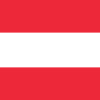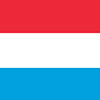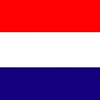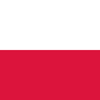According to Dominica's Supreme Court, the ban on homosexuality violates fundamental rights. The colonial-era ban, which was tightened in 1998, was declared unconstitutional. According to the court, the ban contradicts the right to personal freedom, the right to freedom of expression, and the right to privacy. The judge called the ban an "unexplainable restriction" of fundamental rights.
The case was brought by an anonymous homosexual Dominican. After five years of litigation, there is finally a ruling, which is welcomed by LGBT+ activists. UNAIDS, a UN organisation, says, "Today another Caribbean Court has struck down the harmful old colonial punitive law which had criminalised LGBTQ people. Dominica’s ruling is a win for public health as well as for human rights. Protecting the human rights of all people is essential to protect the health of all people. Courts, as the guardians of written Constitutions which enshrine fundamental rights, are vital pathways for the realisation of everyone’s rights."
Dominica is the fifth Caribbean country to invalidate a colonial law prohibiting homosexuality. Trinidad and Tobago, St. Kitts and Nevis, Antigua and Barbuda, and Barbados preceded Dominica. In Jamaica and Saint Vincent and the Grenadines, similar cases were less successful. There, the ban still applies. In the Caribbean islands of Aruba and Curaçao, part of the Kingdom of the Netherlands, there is a legal battle over the legalisation of same-sex marriage. A final ruling from the High Court is expected at the end of May.















